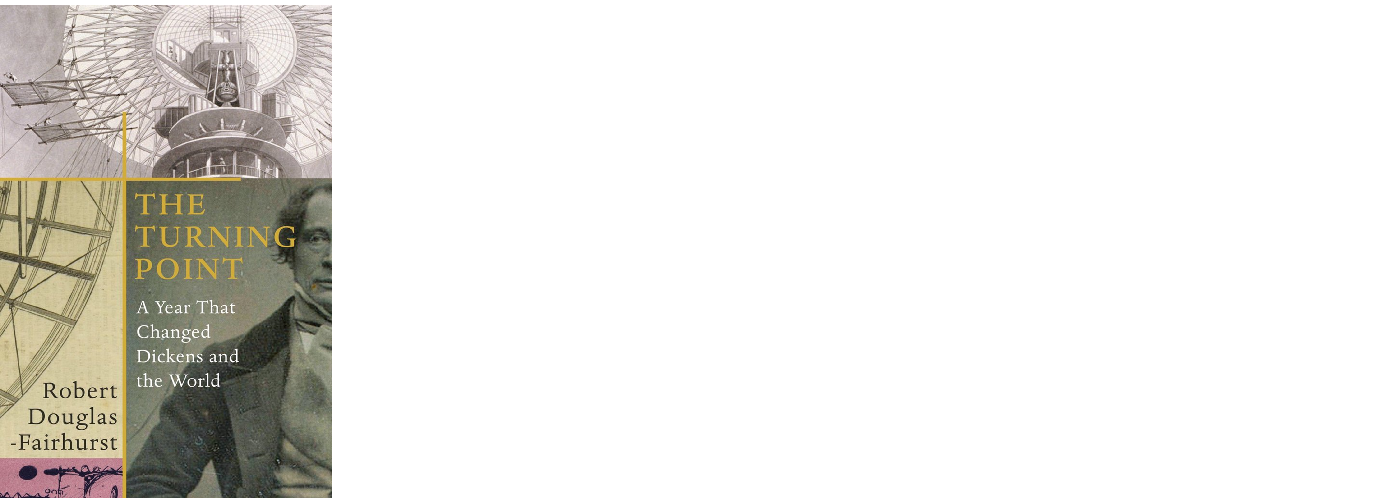Book of the week: Broken Heartlands by Sebastian Payne
An ‘engrossing, warm and insightful’ guide to Labour’s evisceration in its traditional heartlands

A free daily email with the biggest news stories of the day – and the best features from TheWeek.com
You are now subscribed
Your newsletter sign-up was successful
The Great Exhibition of 1851 is often seen as a pivotal moment in British history, when the country fully made the shift to modernity, said Lucasta Miller in the FT. But according to the literary scholar Robert Douglas-Fairhurst, the year was also a “turning point” for Charles Dickens: he argues in this absorbing book that it was when the great Victorian novelist, then in his late 30s, made his defining “creative leap”.
Until then, he’d been known as a “jaunty boulevardier who told linear stories of jeopardy and redemption about children”, said Kathryn Hughes in The Guardian. But towards the end of the year, he embarked on Bleak House, which would establish him as “one of the great social documentarians of the 19th century”. In this “sparklingly informative book”, Douglas-Fairhurst explores Dickens’s deepening engagement with society, and his expanding artistic vision.
Dickens was certainly manically busy in 1851, said Laura Freeman in The Times. Along with editing his weekly journal, Household Words, he moved house, put on a play, founded a benevolent society for writers, and oversaw the running of “Urania Cottage”, a refuge for fallen women in London’s Shepherd’s Bush.
The Week
Escape your echo chamber. Get the facts behind the news, plus analysis from multiple perspectives.

Sign up for The Week's Free Newsletters
From our morning news briefing to a weekly Good News Newsletter, get the best of The Week delivered directly to your inbox.
From our morning news briefing to a weekly Good News Newsletter, get the best of The Week delivered directly to your inbox.
He even found time – with his wife Catherine, mother to his ten children – to publish a cookbook. Amid it all, he visited the Great Exhibition, but was unimpressed: the Crystal Palace, he wrote, was the “most gigantic Humbug ever mounted on a long-suffering people”.
Nonetheless, Douglas-Fairhurst argues that Bleak House became a kind of fictional version of the Great Exhibition, said Tom Williams in The Spectator: “one that told a story about the nation that was home to such a variety of people and events”. Full of pertinent details and sharp insights, The Turning Point is a “fascinating” work of biography.
Jonathan Cape 368pp £25; The Week Bookshop £19.99

The Week Bookshop
A free daily email with the biggest news stories of the day – and the best features from TheWeek.com
To order this title or any other book in print, visit theweekbookshop.co.uk, or speak to a bookseller on 020-3176 3835. Opening times: Monday to Saturday 9am-5.30pm and Sunday 10am-4pm.